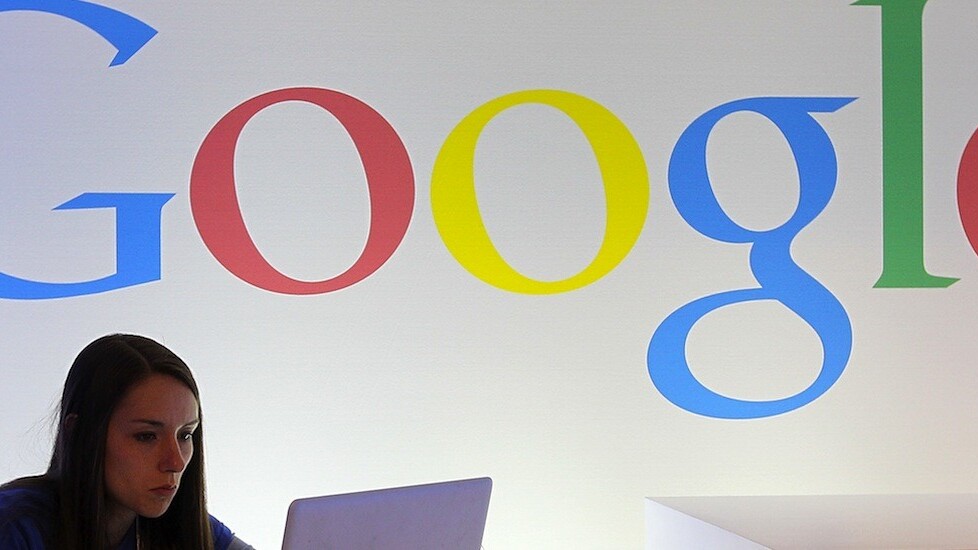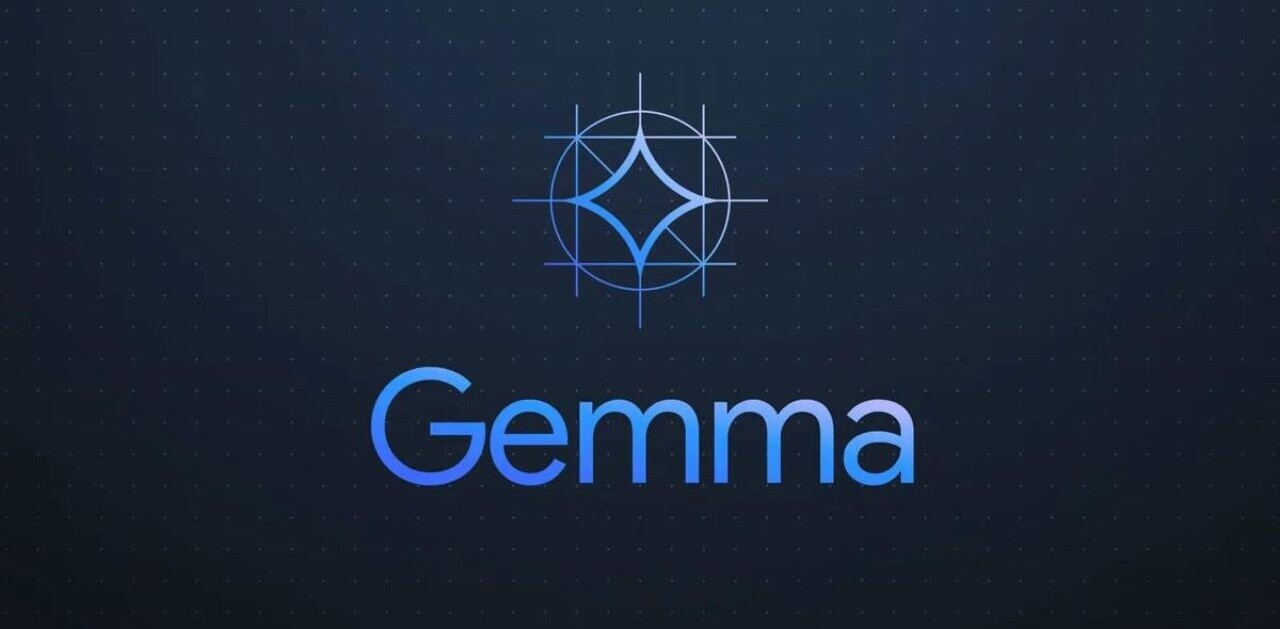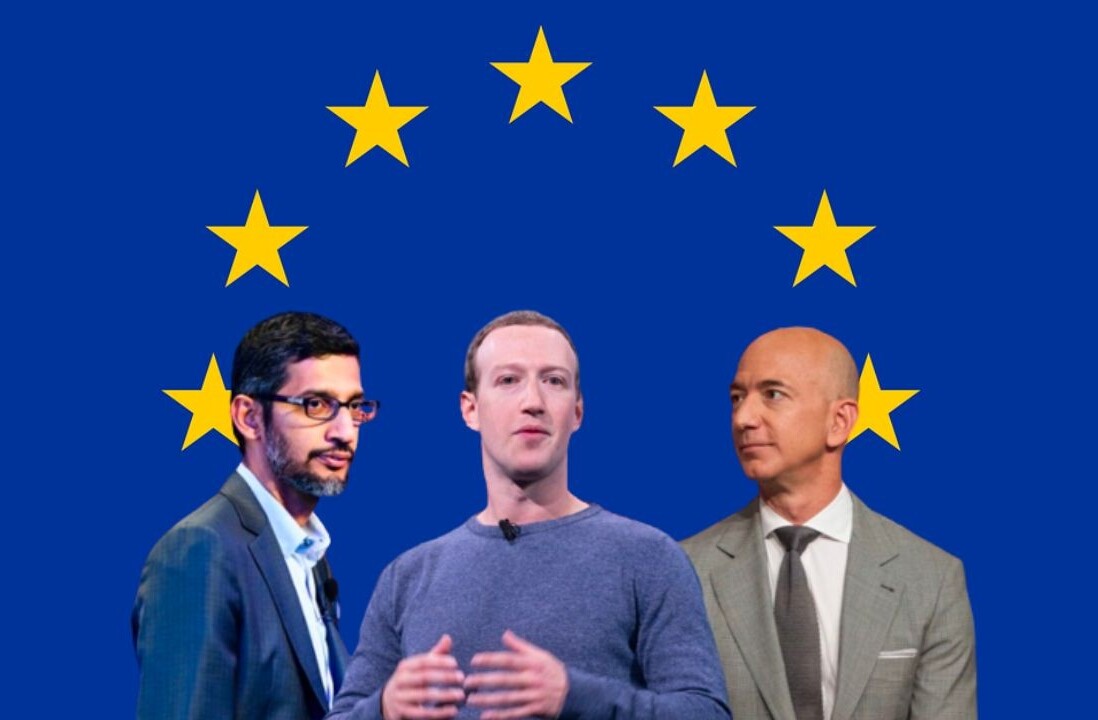
Google has been granted a patent by the United States Patent and Trademark Office (USPTO) for “Automated generation of suggestions for personalized reactions in a social network”, meaning faking interaction on your chosen social network could get even easier.
Granted yesterday, the filing explains that the system would be made up of “a plurality of collector modules, a credentials module, a suggestion analyzer module, a user interface module and a decision tree”. The suggestions would, at least partially, be drawn by those “collector modules” trawling through “e-mail systems, SMS/MMS systems, micro blogging systems, social networks or other systems” to find the most appropriate and fitting response on your behalf.
It looks like Google envisages it working a little beyond the basic sort of responses you might imagine like saying “congratulations!” if someone announces they are getting married or it’s their birthday. In an example from the filing (shown below) it explains:
The suggestion generation module generates a reply message such as “Hey David, I am fine, You were in ABC corp. for 3 years and you recently moved to XYZ corp., how do you feel about the difference, enjoying your new workplace?)” The content of this suggestion are based on 1) prior conversations between Alice and David, 2) previous messages sent by Alice to other friends and 3) messages (sent by other connections in Alice’s friend circle to David) which are either publicly or privately accessible to Alice, or some combination of these. Thus, the suggestion generation module generates messages that are personalized based upon both the sender and recipient using information that is accessible (public or private) to the sender.
Quite whether the move to scan, monitor, analyze and predict yet-more parts of our lives will be welcomed by some people is another question. Indeed, Google filed for this patent in 2011, long before the NSA and GCHQ monitoring revelations shone more of a spotlight on privacy and security.
➤ USPTO
Featured Image Credit – Getty Images
Get the TNW newsletter
Get the most important tech news in your inbox each week.






